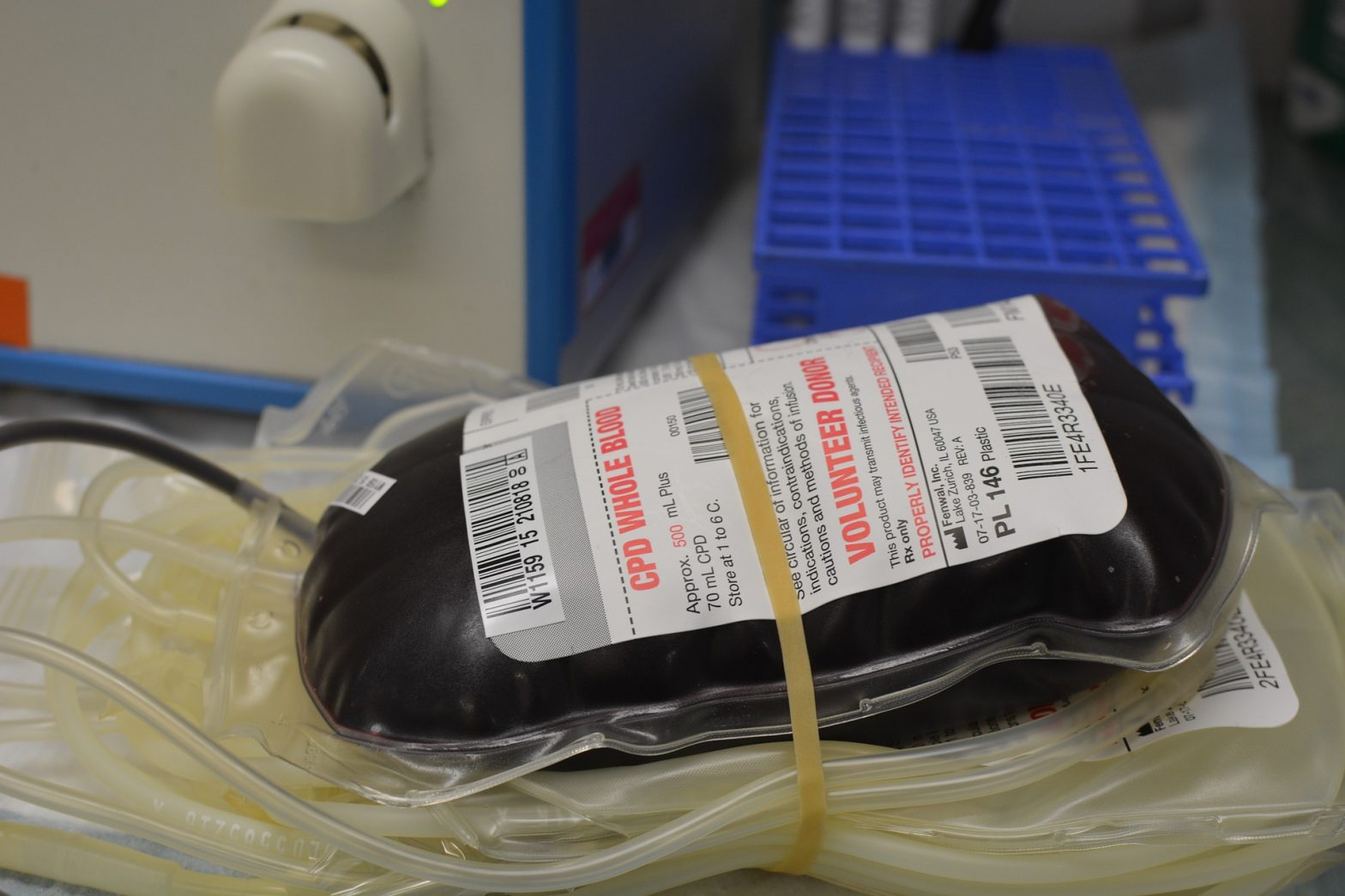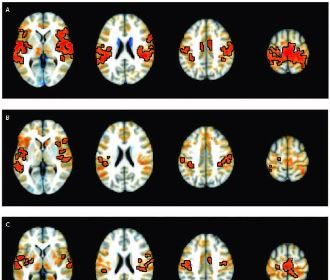Blood Donations Safe Under Current COVID-19 Screening Guidelines

A new study by researchers at the National Institutes of Health and their colleagues has found that SARS-CoV-2, the virus that causes COVID-19, does not appear to pose a threat to the safety of the nation’s blood supply.
The analysis, published in Transfusion, supports current donor screening guidelines, including those used by the U.S. Food and Drug Administration, that do not require testing blood samples for the SARS-CoV-2 virus but do require that donors be screened for physical symptoms of COVID-19 and for infections that occurred within 14 days of the blood donation. The blood of donors with recent COVID-19 infections, or who develop infections after recent donations, cannot be used.
After reviewing test results for the presence of SARS-CoV-2 in thousands of blood donations across the country, researchers found no reason to alter the current blood donor screening practices that are in place because of the COVID-19 pandemic.
“This finding is good news for thousands of patients who may need a blood transfusion because of surgery or a disease that causes anemia, such as a rare blood-related condition or leukemia,” said Simone Glynn, M.D., M.P.H., chief of the Blood Epidemiology and Clinical Therapeutics Branch at the National Heart, Lung, and Blood Institute, which conducted the study along with National Institute of Allergy and Infectious Diseases.
The new analysis is based on 17,995 pools of donated blood, representative of 257,809 single blood donations collected between March and September 2020 from six U.S. metropolitan regions. Researchers concluded the likelihood of a transfusion recipient receiving blood with trace amounts of SARS-CoV-2 was approximately .001% – a little over 1 in 100,000 – and that the likelihood of SARS-CoV-2 transmission by blood transfusion was insignificant compared to airborne transmission.
Highly sensitive nucleic acid amplification tests, which have been documented to be 99.96% effective at detecting genetic components of the virus in blood, were used to screen blood donations. Of the thousands of samples tested, just three came back positive, all with very low concentrations of the virus.
The conclusion that SARS-CoV-2 does not threaten the safety of the nation’s blood supply under current guidelines mirrors results of similar studies conducted in Korea, Pakistan, China, and France. Those studies found that among the rare cases in which SARS-CoV-2 was detected in a blood donation, it contained a low viral load and did not result in transmission of COVID-19.The study was conducted by the NHLBI Recipient Epidemiology and Donor Evaluation Study Program. The NHLBI REDS Program conducts research to evaluate and improve the safety and availability of the nation’s blood supply, as well as the safety and effectiveness of blood transfusion therapies.























